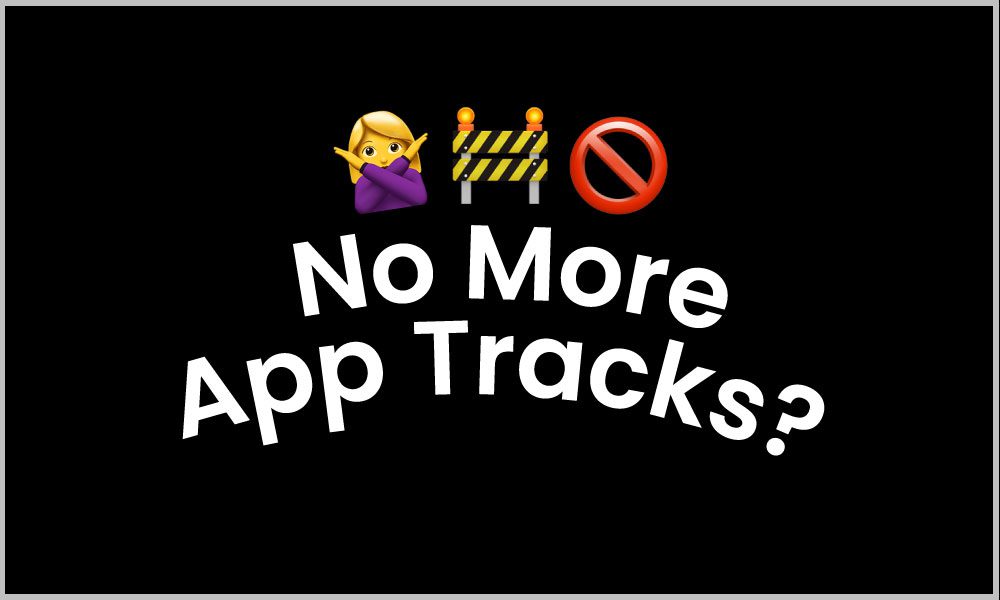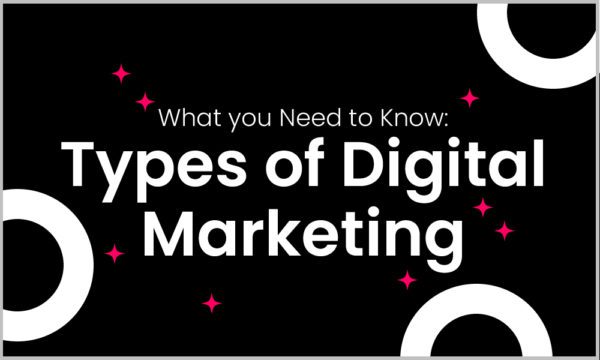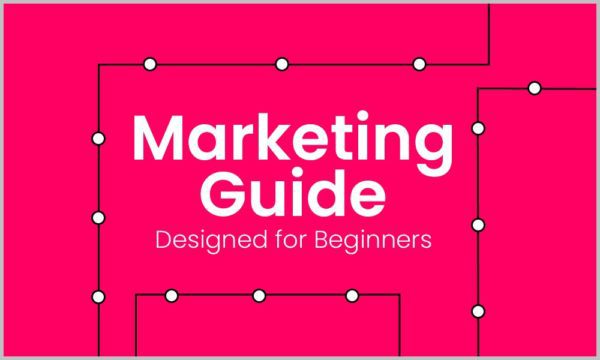In April this year, Apple rolled out the iOS 14.5 updates with some glaring changes. Apps now have to request permission to track a user. This means users can disable app tracking from companies like Facebook and Instagram.
While this feature has always been there, it was hidden deep under settings. By bringing it to the forefront, more users are aware of this option.
The issue is simple. Apple’s new privacy tool prevents companies like Facebook from tracking users to different apps and showing targeted advertising to them. Facebook can still use information collected on its website and advertise on Instagram, and vice-versa. However, they can no longer collect information about your activities on other sites.
It’s being heralded as a victory for privacy rights activists everywhere.
While the issue might be simple, the consequences for digital marketers are a bit more complex. It’s a little more than just plain prevention of tracking.
- Retargeting people on different websites who visited have switched off app tracking is no longer possible.
- Measurement and accurate reporting will be affected. Lack of proper attribution of ads will make conversion tracking less accurate.
- Cost per click will rise in response, while the overall volume of leads might drop. At least, for a while.
Essentially, personalized advertising will see a huge drop in effectiveness. Although it’s only on mobile devices, and that too iPhone, 79.9% of users exclusively use mobiles for Facebook.
How is Facebook responding?
Facebook has had some dramatic reactions to this news. Along with taking out full-page ads in newspapers. Facebook claims that this update will only hurt small businesses. The claim is that without effective advertising or ad revenue, businesses will have to start charging for their services.
What can you do?
First-party data collection will be more important. Google is also planning on removing third-party cookies. This can help you rely less on platforms like Google and Facebook.
- Email marketing should be more of a focus.
- Experiment with data collection models.
- Develop new strategies.
The new update will have a heavy impact on mobile advertising in the days to come. Facebook has raised a lot of noise regarding this update. But, in a world of increasing privacy rights, it seems like it’s here to stay. The thing marketers have to do now is to keep up with the change and optimize their advertising strategy.
As always, we here at Vous are available if you want to know more or discuss how this might affect your marketing strategies. Call us at +971 4 580 3378.



